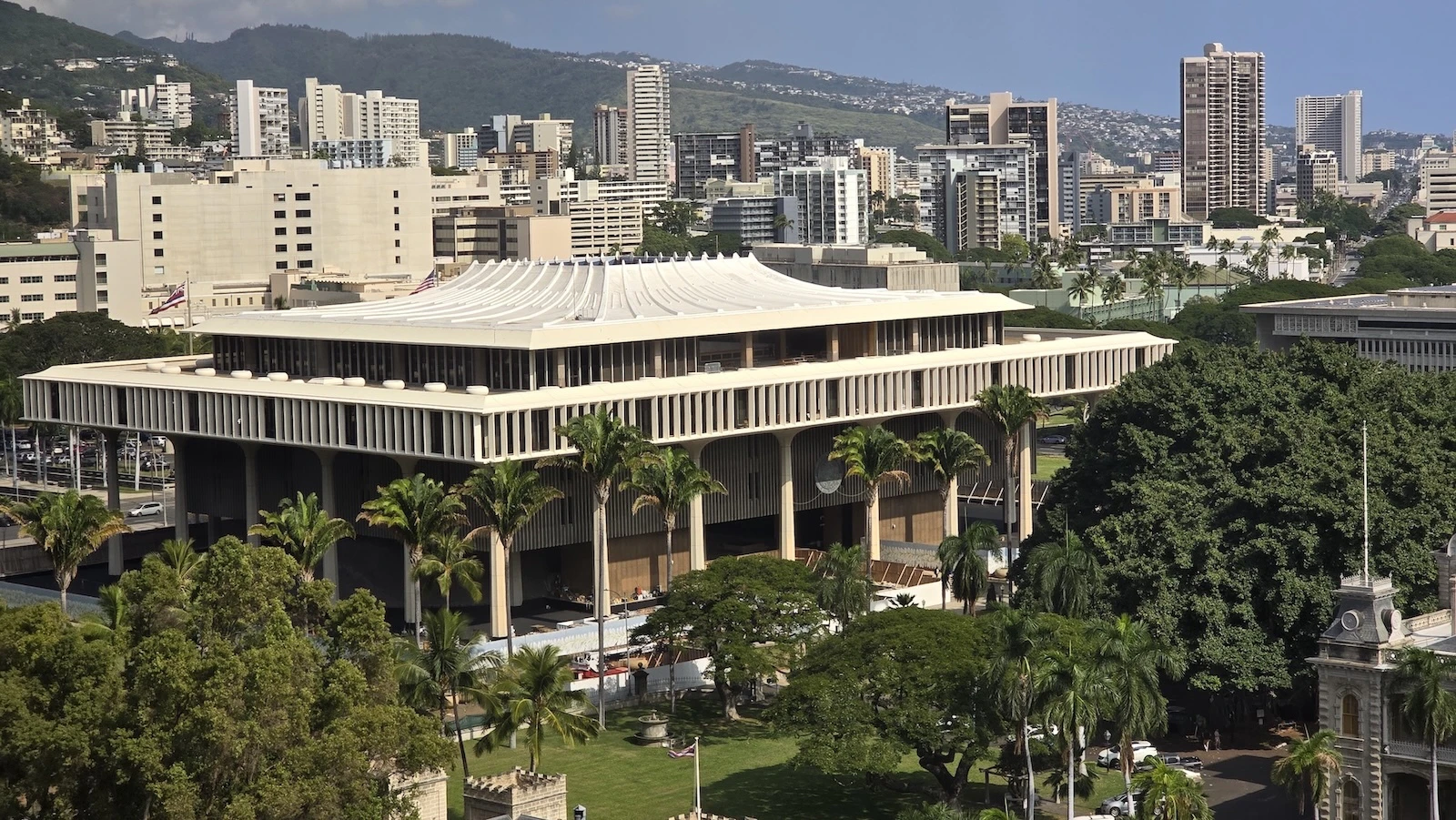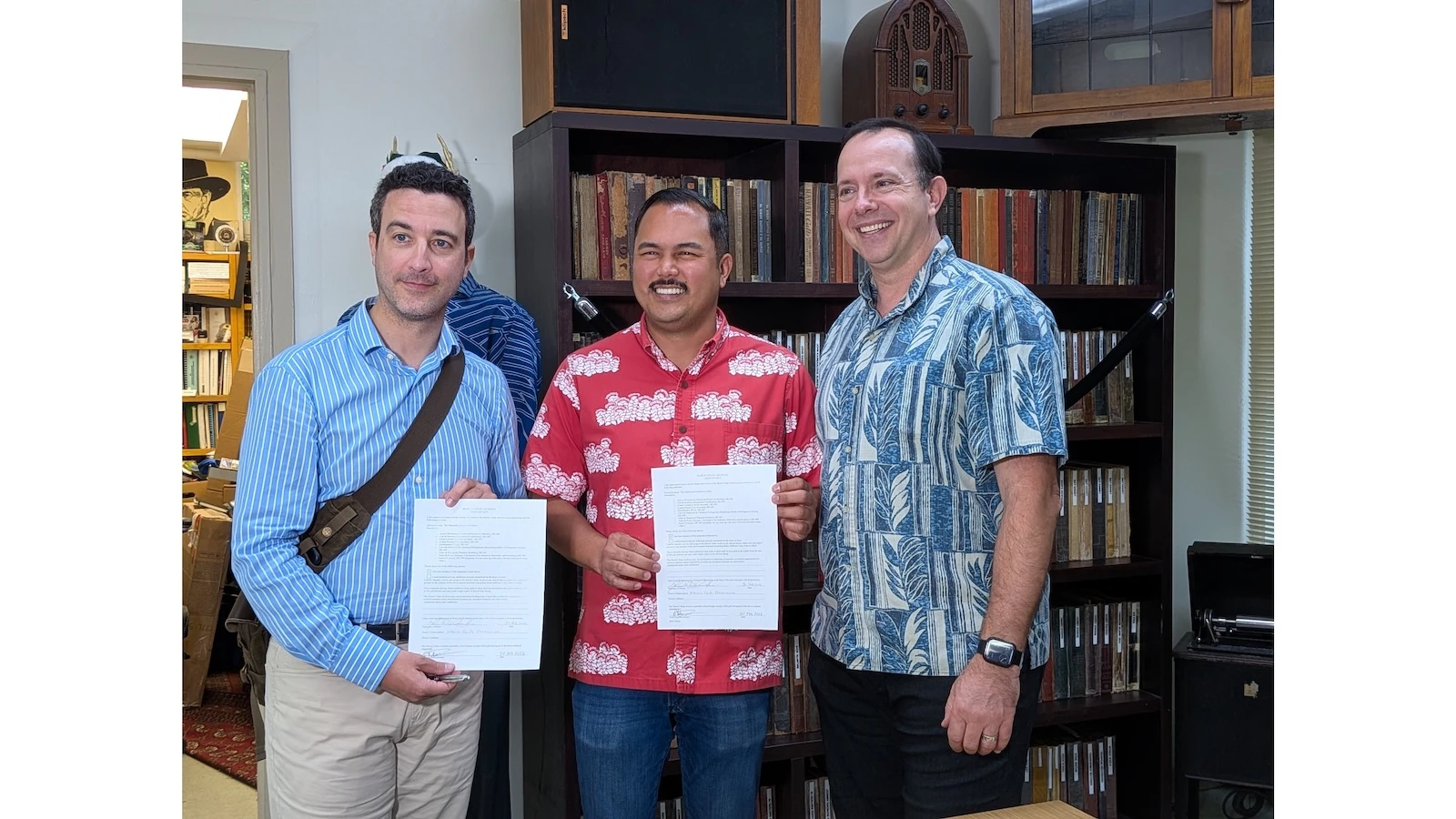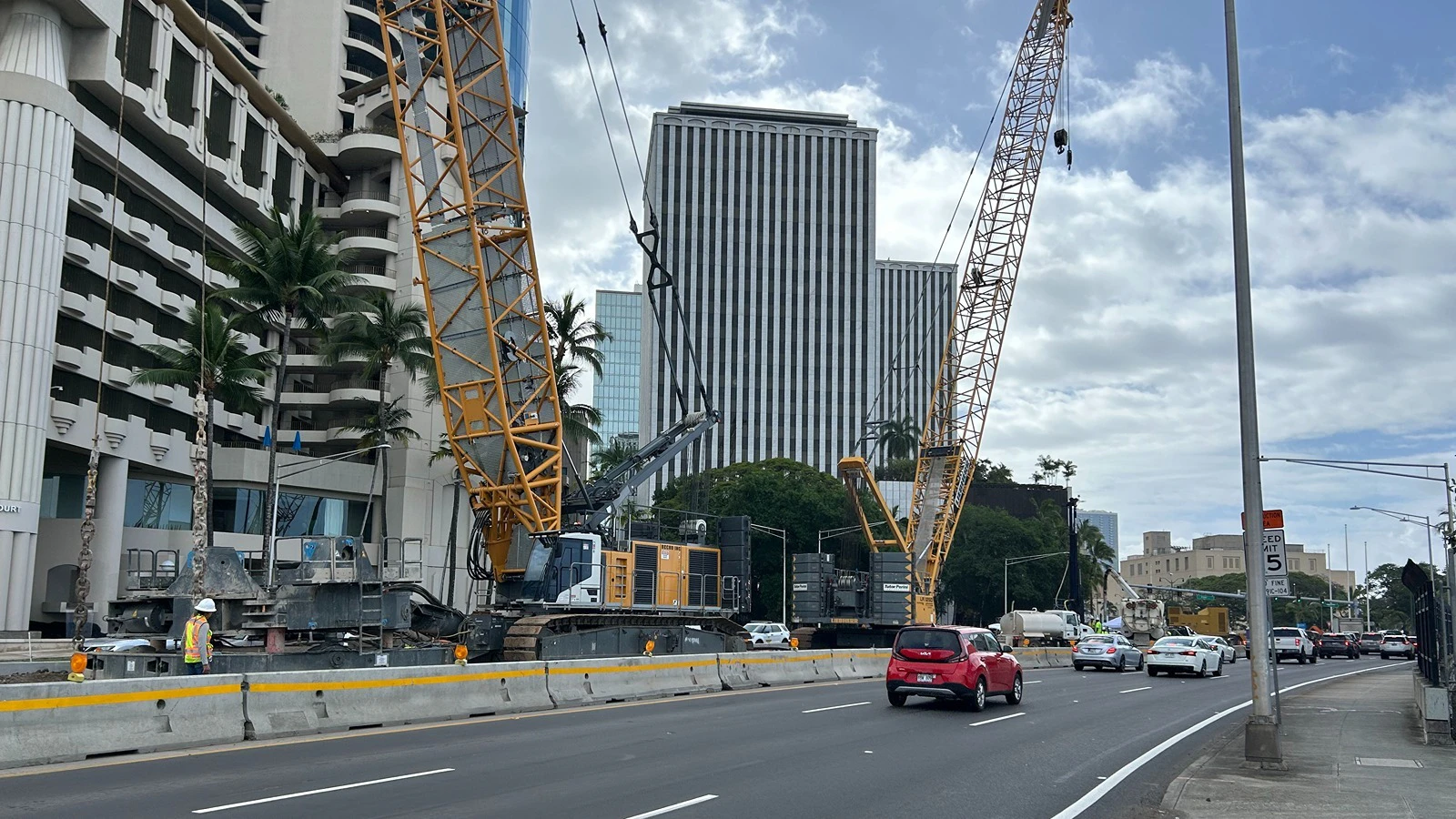Every person in Hawaiʻi deserves to live a happy, healthy life. We have the collective resources to create that reality—if we choose to invest them wisely. As federal policymakers prioritize tax cuts for the wealthiest 1 percent at the expense of critical programs like Medicaid, SNAP, and Section 8, our state must step up to protect our communities.
Decades of research shows that policies favoring wealth accumulation at the top fail to benefit our broader society. Instead, they exacerbate inequality while diverting resources away from the communities that need them most. When these communities struggle, the social and economic consequences ripple outward and impact all of us.
This legislative session, Hawaiʻi took meaningful strides toward stabilizing working families so that they can continue circulating money through our local economy—a crucial buffer against the impact of coming federal cuts. But we also missed key opportunities to build a more just, abundant future for all.
Progress Toward Stability
No child should be forced to try to learn on an empty stomach. Thanks to persistent advocacy, Hawaiʻi expanded access to free school meals, ensuring more keiki can focus on their education free from hunger. While we didn’t achieve universal free meals this session, the expansion is a critical step forward.
Support for SNAP and Farm to Foodbank will help low-income families put food on the table while supporting local agriculture. And Safe Routes to School (SRTS) funding improves community infrastructure and ensures our keiki can travel to school safely, whether by foot, bike, or bus. Hawaiʻi will also allow the use of motor-coaches and vans to fill gaps in school bus services.
Work toward housing affordability saw key victories, too. Lawmakers expanded funding for Kauhale and ʻOhana Zones, strengthening an important piece of the continuum of care for our unhoused neighbors as we work to get them housed again. The new Eviction Mediation Pilot Program will help keep more families in their homes, while a bill to give communities a better opportunity to purchase foreclosed properties will help empower residents to protect their neighborhoods from being bought up by corporations.
Affordable housing got a boost with budget allocations for housing development and the removal of school impact fees, which had stifled new projects for years. And by raising the Transient Accommodations Tax (TAT) and capturing revenue from cruise ships, we’re ensuring tourists pay their fair share to protect our natural resources.
Perhaps most critically, lawmakers reserved $200 million in the general fund to address looming federal cuts—a necessary safeguard for our most vulnerable.
Missed Opportunities for Transformation
Despite these wins, Hawaiʻi still left transformative change on the table.
We could have ensured universal free school meals for every student, eliminating the stigma and bureaucracy of means-testing. We could have passed a Hawaiʻi Child Tax Credit or expanded the Earned Income Tax Credit, putting money directly into the pockets of struggling families. Instead, these lifelines were denied.
Affordable housing solutions like targeted workforce housing development and tenant protections stalled, leaving renters still particularly vulnerable to skyrocketing housing costs. A locals-only housing market via deed restrictions—a creative solution to keep homes within reach for residents—was overlooked. And efforts to reform the conveyance tax to fund affordable housing were sidelined.
Climate- and health-friendly policies, like an electric bike and moped rebate program and the Summer Street Pilot Program, would have reduced emissions, increased access to affordable transportation options, and given families an opportunity to use the streets in their neighborhoods for recreation and community. Freedom to Walk legislation—ending penalties for harmless pedestrian crossings—would have saved taxpayers money while reducing the harm citations have on low-income communities without compromising public safety.
The Path Forward
The decision to reserve dates for special sessions to respond to federal cuts was wise. While the full impact of these cuts remains uncertain, we already know the policy direction we must take: one that prioritizes ensuring working families have the resources to thrive.
When the legislature reconvenes in 2026, we urge lawmakers to embrace bold, systemic solutions. Let’s fully fund universal school meals, pass a robust child tax credit, and protect tenants from unfair evictions. Let’s invest in truly affordable housing and sustainable transportation that serves all residents.
Economic prosperity doesn’t trickle down—it rises from the bottom up. By centering the needs of our most vulnerable, we don’t just help individuals; we strengthen our entire economy. Hawaiʻi’s future depends on our willingness to fight for it—together.
Now is the time to build a Hawaiʻi where everyone thrives. Let’s get to work.
Will Caron is Communications Director at Hawaiʻi Appleseed Center for Law & Economic Justice





